Collection |
Collections
Filters
-
Collection Type
-
-
Collection |
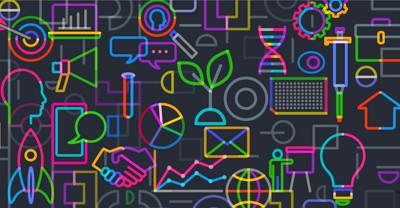 Nature Biotechnology's academic spinouts 2023
Nature Biotechnology's academic spinouts 2023
Nature Biotechnology’s annual survey highlights academic startups that are, among other things, correcting misfolded or disordered proteins, creating second generation GPCR agonists, building a new gene delivery platform, and mining cancer genomes for novel targets.
Image: Getty -
Collection |
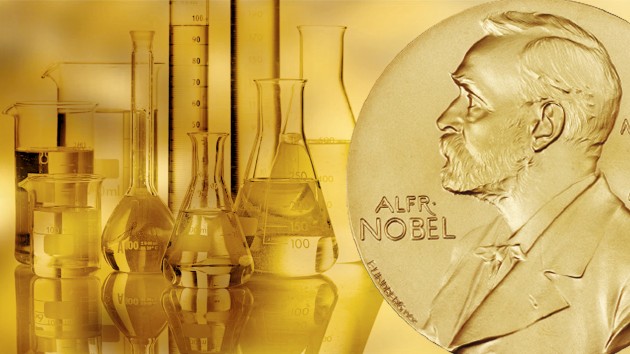 Nobel Prize in Chemistry 2023
Nobel Prize in Chemistry 2023
The 2023 Nobel Prize in chemistry has been awarded to Moungi G. Bawendi, Louis E. Brus and Alexei I. Ekimov for the discovery and synthesis of quantum dots.
Image: Springer Nature/The Nobel Foundation/Imagesource -
Collection |
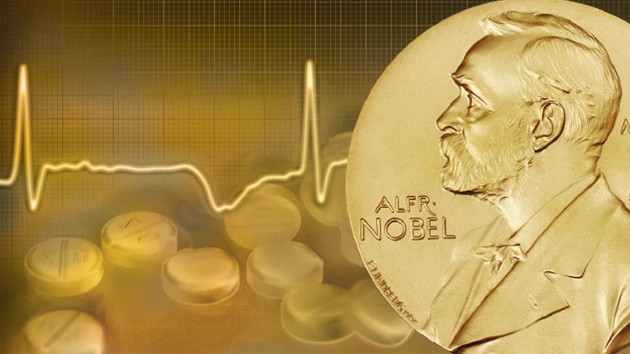 Nobel Prize in Physiology or Medicine 2023
Nobel Prize in Physiology or Medicine 2023
The 2023 Nobel prize in Physiology or Medicine has been awarded to Katalin Karikó and Drew Weissman for their “discoveries concerning nucleoside base modifications that enabled the development of effective mRNA vaccines against COVID-19”.
Image: Springer Nature/The Nobel Foundation/Imagesource -
Collection |
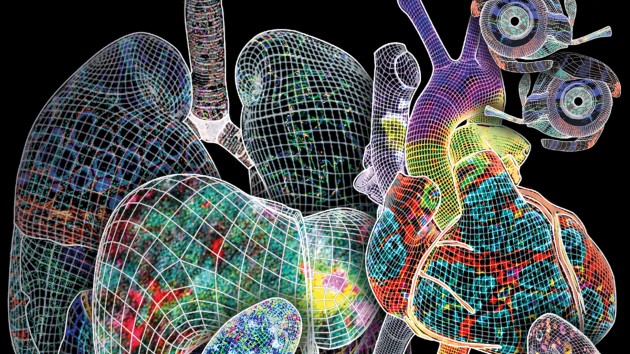 Human BioMolecular Atlas Program
Human BioMolecular Atlas Program
Inaugurated in 2018, the Human BioMolecular Atlas Program (HuBMAP) endeavours to construct comprehensive spatial maps that feature a range of biomolecules such as RNA, proteins, and metabolites in human organs at single-cell resolution.
Image: Heidi Schlehlein -
Collection |
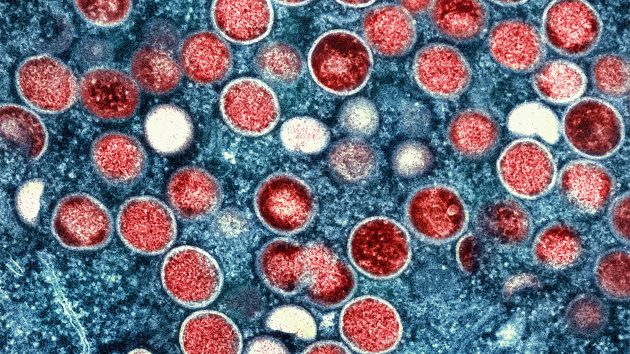 Mpox
Mpox
Following the recent declaration from the World Health Organization that the ongoing monkeypox (now named mpox) outbreak is a Public Health Emergency of International Concern, the editorial teams at Nature Portfolio have curated a collection of relevant articles.
Image: NIAID -
Collection |
 Methods for studying noncoding RNA
Methods for studying noncoding RNA
Research interest is growing in profiling noncoding RNAs and understanding their biological functions in health and disease contexts.
Image: Jeren (France) / Getty Images -
Collection |
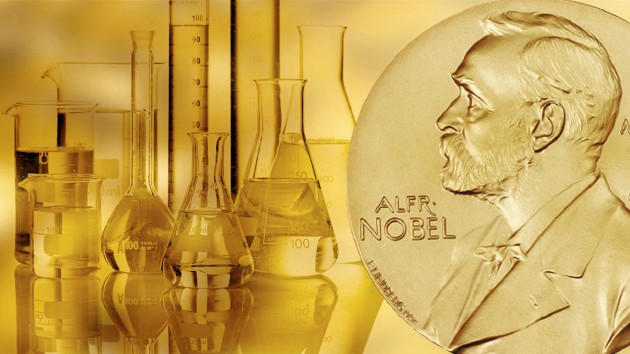 Nobel Prize in Chemistry 2022
Nobel Prize in Chemistry 2022
The 2022 Nobel Prize in Chemistry has been awarded to Carolyn R. Bertozzi, Morten Meldal and K. Barry Sharpless for the development of click chemistry and bioorthogonal chemistry.
Image: Springer Nature/The Nobel Foundation/Imagesource -
Collection |
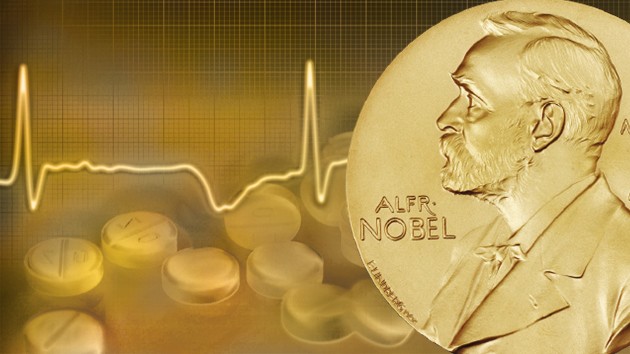 Nobel Prize in Physiology or Medicine 2022
Nobel Prize in Physiology or Medicine 2022
The 2022 Nobel Prize in Physiology or Medicine was awarded to Svante Pääbo "for his discoveries concerning the genomes of extinct hominins and human evolution".
Image: Springer Nature/The Nobel Foundation/Imagesource -
Collection |
 Nature Biotechnology’s academic spinouts 2021
Nature Biotechnology’s academic spinouts 2021
Nature Biotechnology’s annual survey highlights academic startups that are, among other things, designing circular RNA therapeutics, tackling cancer with arenaviruses, creating psychedelics without the trip, editing genes and cells in vivo, harnessing the power of auto-antibodies, editing the epigenome.
Image: Getty -
Collection |
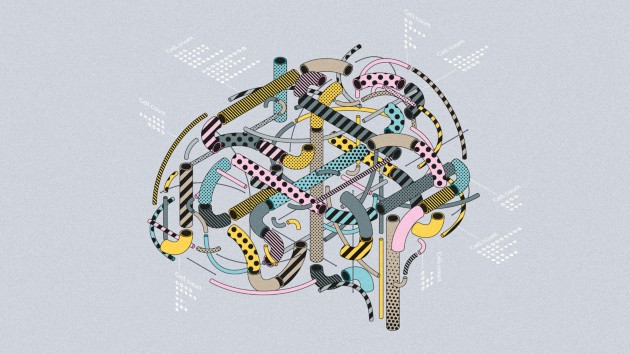 Brain Initiative Cell Census Network
Brain Initiative Cell Census Network
Four years ago, the NIH’s Brain Research through Advancing Innovative Neurotechnologies (BRAIN) Initiative Cell Census Network (BICCN) was launched, aiming to identify and catalog the diverse cells types in human, monkey and mouse brain.
Image: Jasiek Krzysztofiak/Nature -
Collection |
 Sequencing Quality Control 2
Sequencing Quality Control 2
This Web Collection presents the results of the Sequencing Quality Control 2 (SEQC2) project that sought to evaluate quality-control metrics and human, bacterial and metagenomic reference materials and datasets for next-generation sequencing (NGS) in both regulatory settings and precision medicine.
Image: Ning Zhang, TopEdit Author Services.

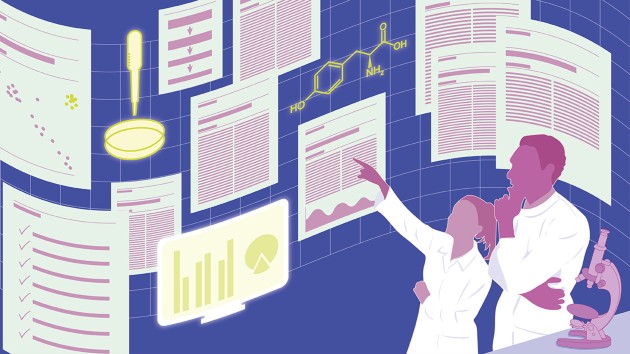 Best Practices in Method Reporting
Best Practices in Method Reporting